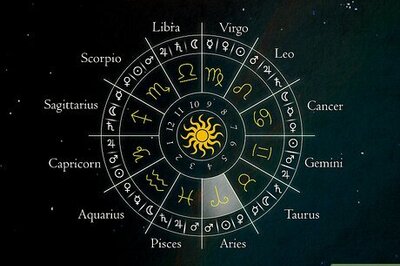
views
Since its inception in 1974, the World Environment Day is celebrated every year on June 5 in more than 100 countries. The World Environment Day provides an opportunity to broaden the “basis for an enlightened opinion and responsible conduct by individuals, enterprises and communities in preserving and enhancing the environment,” according to the United Nations.
Every year, the World Environment Day is organized around a theme in order to draw attention towards pressing environmental issues.
Theme for World Environment Day 2019
‘Beat Air Pollution’, the theme for World Environment Day 2019, is a call for action call to combat the global crisis and has been chosen by this year’s host, China
The topic invites people to consider how they can change their everyday lives to reduce the amount of air pollution and thwart its contribution to global warming and its effects on health, according to the global body.
Causes of Air Pollution
The UN says that understanding the different types of pollution, and how it affects our health and environment, will help people take steps towards improving the air around them.
“Often you can’t even see it, but air pollution is everywhere. We can't stop breathing, but we can do something about the quality of our air,” the UN says.
Nine out of ten people worldwide are exposed to levels of air pollutants that exceed safe levels set by the World Health Organization.
Types of Air Pollution
Household air pollution caused due to indoor burning of fossil fuels, wood and other biomass-based fuels leads to around 3.8 million premature deaths, mostly in developing countries.
Industrial and transport pollution have been linked to thousands of premature deaths worldwide annually. Around 24 percent of greenhouse gas emission worldwide come from agriculture, forestry and other land-use.
Waste burning and dumping release harmful dioxins, methane and black carbon into the atmosphere while volcanic eruptions, dust storms and other natural processes also contribute to global air pollution.



















Comments
0 comment